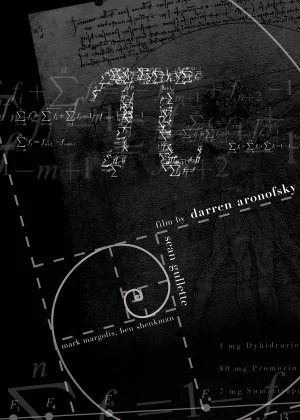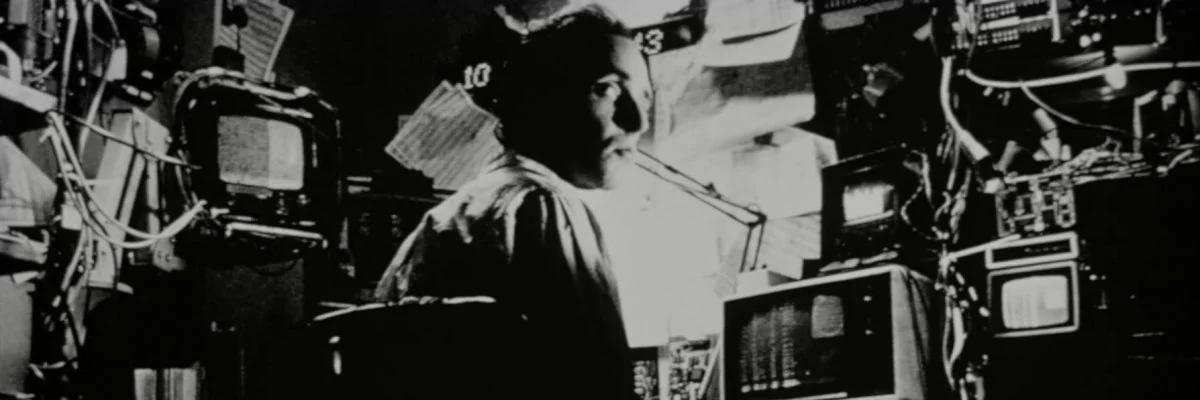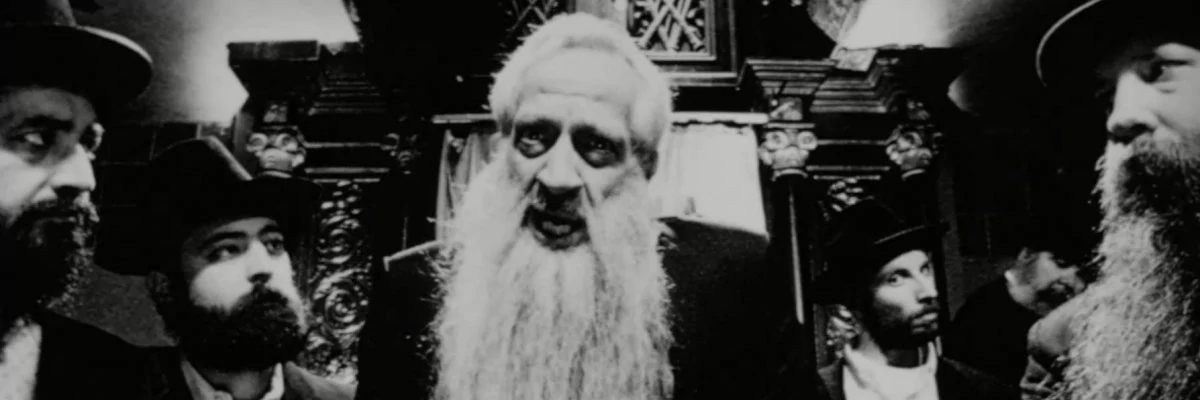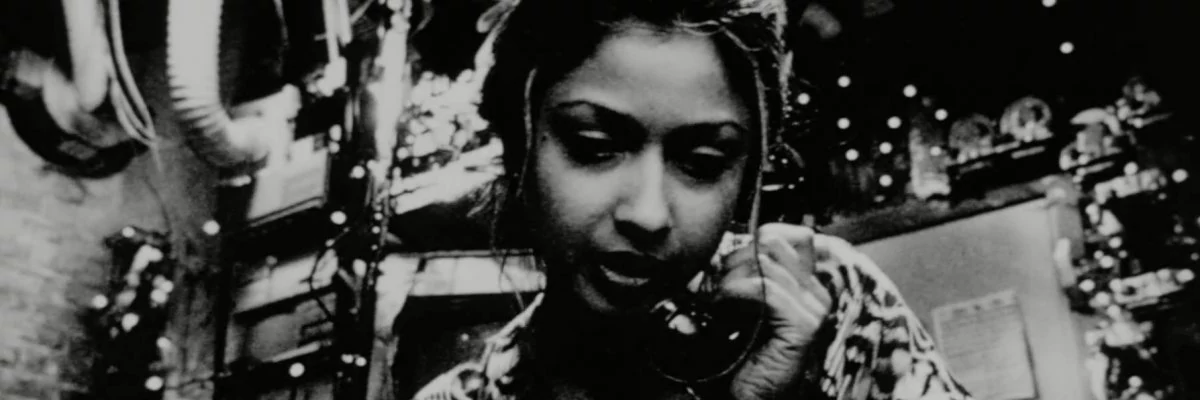Pi

Darren Aronofsky's Pi was a film that seemed specifically tailored to my personal preferences. A rather typical film coming from a first-time director, somewhat experimental in nature, sporting a kick-ass electronic soundtrack and a subject that spoke to me on multiple levels. A film Aronofsky himself would never be able to surpass and still stands as his best work to date, although opinions on this tend to differ. Still, an absolute must-see if you like your films a little different.

Aronofsky hasn't made a bad film (yet), though I fear what will happen when he finally gets a go on one of his solicited superhero flicks. So far none of these rumors have materialized into something real though, so I guess we're still safe for a couple more Requiem For A Dreams and Black Swans in the future. Aronofsky might even return to his more experimental roots one day, but I wouldn't put my hopes up. After finishing Pi, little by little Aronofsky has been edging towards films that are easier to stomach.
While Pi rambles on about maths, computers and stock markets, the film is not as nerdy or as geeky as so many claim it to be. You don't need to understand much about maths, you didn't even need to like maths in school to appreciate this film. Pi is really a film about passion turning into obsession, dragging a man down a dangerous spiral that leads to a rather limited tunnel vision and plenty of mental strain. Fans will no doubt recognize this as a very common theme in Aronofsky's films.
Max is a mathematician, a man looking for patterns in nature, trying to represent these patterns with what he knows best: numbers. As Max considers the stock market to be somewhat of a natural organism, he tries to predict the stock prices using an algorithm he has thought up. This of course is of particular interest to a financial group, but when Max comes into contact with a fraction of religious Jews things start to get really interesting.

Pi hides its low-budget roots behind a cloak of grainy, high-contract black and white images and some very smart editing, though I must say that time is slowly catching up with Pi's visuals. The editing in particular felt a little off at times, then there are some specific shots than just can't hide the plain settings Aronofsky used for his film (for example the hallway of Max' flat). All in all the film itself still looks great, but not as impressive as I remembered it to be.
But Pi is not so much about the visuals as it is about the music. To my knowledge, this is still the only film with a serious, more underground-oriented electronic soundtrack (not counting stuff like Umfeld of course). With artists like Aphex Twin, Banco de Gaia and Autechre making up a large part of the soundtrack, this is definitely right up my ally. The theme music is written by Clint Mansell and fits in perfectly, sporting fine drum 'n bass sounds (Mansell too would never be able to match the work he did for Pi). At times the dialogues might even seem part of the music, while listening to the soundtrack is like you are reliving the film. This is what soundtracks/scores should be like, sadly no other films have tried to follow in Pi's footsteps.
As for the acting, much of the film's dramatic weight lands on the shoulders of Gullette, who does a pretty great job as Max. It's funny though how I usually remember Gullette by his voice rather than by his appearance, I guess this is just more proof of how awesome the music direction is in this film. Mark Margolis play an intriguing secondary role as Max' mentor, the rest of the secondary cast is not as great but suffices.

As Max nears his goal he gets more and more paranoid. Followed by a mad corporation and crazy religious folk, Max is slowly collapsing under the pressure of finding the key unlock the secrets of our universe. The finale is raw yet poetic and strangely fitting, even though very little is actually explained. It's a template for Aronofsky's typical cool-down that is featured in just about all of his other films.
Pi is a nifty little trip down the path of obsession. Some affinity with math in general is a definite plus (if you want to enjoy the poetic beauty of how certain things are connected) but not at all required to get what this film is about. Visually it's starting to show its age, but the soundtrack more than makes up for that. This is still an exemplary film that should appeal to anyone with a taste for the different.